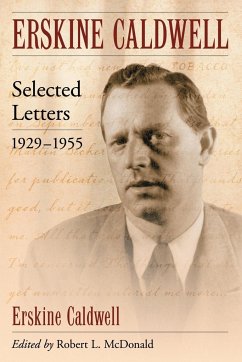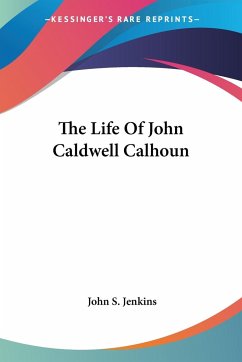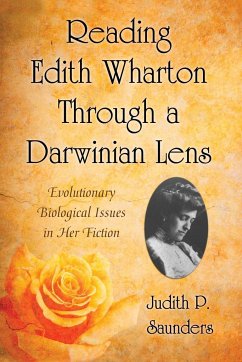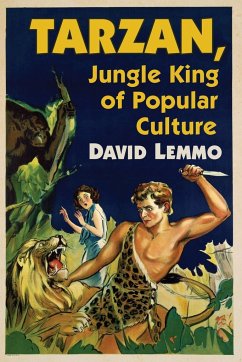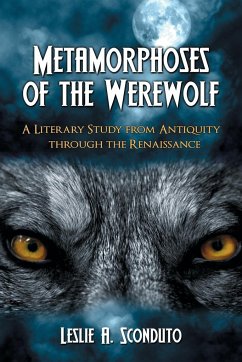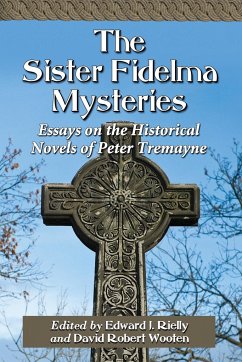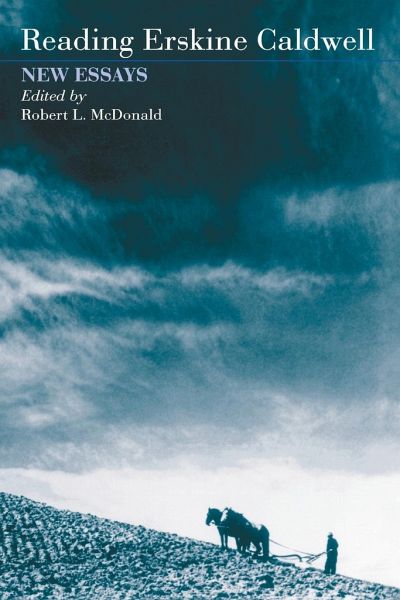
Reading Erskine Caldwell
New Essays
Herausgeber: Mcdonald, Robert L.
Versandkostenfrei!
Versandfertig in 1-2 Wochen
44,99 €
inkl. MwSt.

PAYBACK Punkte
22 °P sammeln!
Erskine Caldwell has been compared to literary giants like Faulkner and Hemingway, yet he has also been reviled as peddler of pop trash. Was he a genius, or just a shooting star whose brilliance faded long before he stopped writing? Caldwell began his career in the late 1920s and gained fame for revealing the gritty backwoods South in novels such as his seminal Tobacco Road. He wrote prolifically, sometimes as much as a book a year. As the editor of this book maintains, perhaps anyone who wrote so much would inevitably stumble. These 12 essays explore a variety of issues. They discuss Caldwell...
Erskine Caldwell has been compared to literary giants like Faulkner and Hemingway, yet he has also been reviled as peddler of pop trash. Was he a genius, or just a shooting star whose brilliance faded long before he stopped writing? Caldwell began his career in the late 1920s and gained fame for revealing the gritty backwoods South in novels such as his seminal Tobacco Road. He wrote prolifically, sometimes as much as a book a year. As the editor of this book maintains, perhaps anyone who wrote so much would inevitably stumble. These 12 essays explore a variety of issues. They discuss Caldwell as humorist, social commentator, modernist, and revolutionary novelist. They examine his themes and tropes (political images, social injustice, the environment, ideological struggles) and his use of artistic devices (short stories, cubist strategies, repetition). A generous bibliography includes not only books on Caldwell but also chapters and forewords, journal articles, essays, news items and obituaries. The reader is encouraged to look at Caldwell with fresh eyes, to press beyond his controversial image, and to compare his works, especially his early ones, to those of any of the top names in literature.





